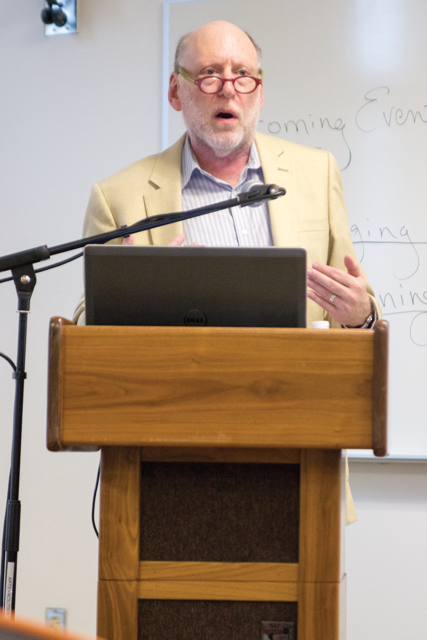Todd Gitlin “How the American Right Organized an Assault on the Others”
Sunday, 9.00 – 10.30 a.m.
The road to Trump has been in the making for decades. Since the 1980s, the Republican right has been animated by revulsion against two social forces: nonwhite minorities and the knowledge class. In the wake of the 1960s revolts, wealthy ideologues began to fund an ideological reaction capable of mobilizing a strong political arm. The counter-Establishment they engendered and brought to a focus identified a common enemy: the reforming state. Over the ensuing decades, they aggrandized savage capital; cultivated a revolt against science; demolished unions; demonized the press; and otherwise campaigned against the welfare state, the civil service, and independent thought. They refined the art of compressing their animus into rousing slogans: “Law and order,” “tax and spend,” “build the wall.” Meanwhile, the liberal-Social Democratic left failed to generate an alternative spirit. This was true for both the movement left and the Democratic Party, both of which found it easier to identify with demographic segments than with a universalist or cosmopolitan alternative capable of generating a stable majority. The right’s anti-democratic tendencies have become more pronounced and more forcefully asserted. The right’s penchant for hierarchy has out-organized the left’s penchant for decentralization and anarchy.
Todd Gitlin, Professor of Journalism and Sociology and Chair of the interdisciplinary Ph.D. program in Communications at Columbia University, is the author of seventeen books, many of them touching on political and cultural history (The Sixties: Years of Hope, Days of Rage; The Twilight of Common Dreams; The Intellectuals and the Flag; The Bulldozer and the Big Tent), as well as four novels, including the forthcoming The Opposition.

